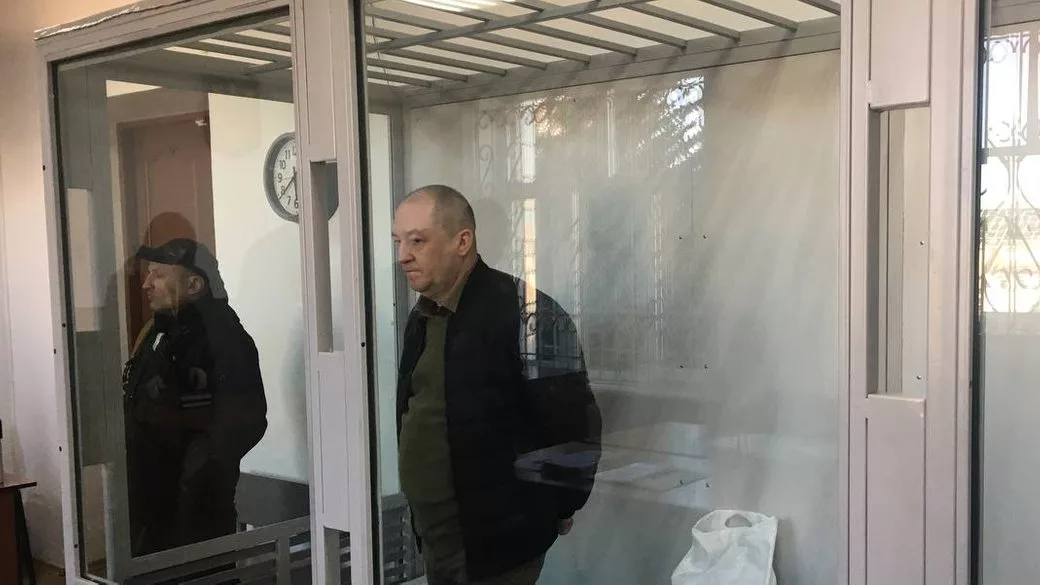Part of Sumy Oblast was occupied by the Russian army from February 24 to April 8, 2022. After the liberation of the region, law enforcement officers and special services started investigation on dozens of criminal cases related to treason and local collaborationism, including officials.
Some have already been sentenced, some are still under investigation. Therefore, for example, Oleksandr Hen, the head of the city of Seredyno-Buda, who is suspected of treason, is still under investigation. His case is still being considered by the court, the man is in a pre-trial detention center. According to the case materials, Hen helped the russian military during the occupation, and also communicated with the russian Federal Security Service and asked them to provide him with protection and shelter in russia.
Another official, Mykola Romasenko, the headman of Malovystoropsk Community in Sumy Oblast, has already received a verdict in the case of collaborationism—a fine of 34,000 hryvnias and a ban on holding public office for the next 10 years. The official made a deal with the investigation, admitted that he helped the russian army, and repented of the crime.
Why can the sentences for such a serious criminal offense be so lenient? The problem is that the accused often make a deal with the investigation, which exempts them from the punishment in the form of deprivation of liberty. To what extent such verdicts can satisfy citizens, some of whom survived the occupation, and the rest saw its consequences, it is extremely difficult to say.
